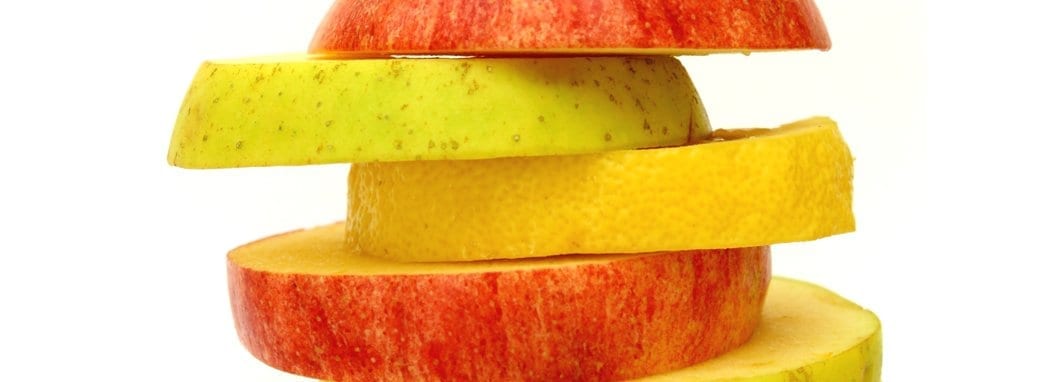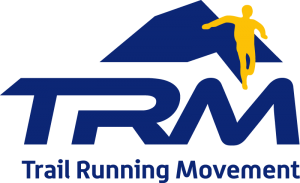Food & supplements

Sports nutrition and supplementation for Trail Running
A correct approach to Trail Running, requires special attention to the nutritional aspects, whether related to reintegration of calories, water and minerals consumed during the training sessions and competitions, or related to the daily meals management.
The appropriate specialist for an everyday diet is the nutritionist, while in sport supplementation, it is better to refer to a specialist in endurance sports nutrition.
“Synthetic and indicative” Scheme of a daily diet suggested to a TRM Trail Runner
Here are some general guidelines for sport nutrition and supplementation in Trail Running, that you can customize and share with the nutritionist.
- Breakfast. Rusk, crisp bread or wholemeal bread with jam or honey and cereals. Choose between skim milk, tea, barley coffee, juice. If you are used to eating salty in the morning, opt for light cheese or cottage cheese with ham and eggs (not fried, please!). In some countries it is customary to eat even fish and rice. Avoid cakes, packaged snacks and biscuits containing butter and hydrogenated fats.
- Lunch. Rice or pasta with vegetables or fish. In the case of a light lunch, have a salad accompanied by bread or a slice of pizza or, alternatively, a sandwich with vegetables, fish or white meat (chicken, turkey). End the meal with fruit, greek yoghurt or a fruit juice, a smoothie. Also soy milk is suggested.
- Dinner. Preferably, choose vegetable proteins from tofu, seitan or legumes, such as beans, chickpeas, etc, otherwise go for fish, poultry or eggs (if you did not had them for breakfast). Eat plenty of raw or cooked vegetables and finish your night meal with fruit or a greek yoghurt.
For drinking, the best is undoubtedly water or natural fruit juices.
In regards to alcohol, as per carbonated drinks, expert nutritionists agree on the total elimination from the diets as well.
To do / not to do before and after training
- Do not ever train in the morning at fast unless it is your coach to plan it. It is a very useful type of training for professionals, but not recommended for beginners. It can be very stressful from a physiological point of view. The workout at fast must be included in your plan taking in account your level of training, goal and period of the year;
- Let pass 2-3 hours between a meal and the start of your workout
- During long-distance running, get used to drink a sip of water or isotonic drink every 30 minutes
- At the end of each workout over 60 minutes of duration, restore with the intake of 500ml of water and mineral salts
- The first times, at the end of a workout, it may happen to experience a strong feeling of hunger. Do not overeat, but reintegrate the calories really burned, or eat a fruit or a vegetable.
Nutrition and supplementation in endurance sports
Endurance sports as the Trail Running, require an enormous amount of energy, you need to:
- correctly nourish in order to intake the nutrients essential to carry out the physical activity, and be prepared to sustain any effort
- supplement during trainings and competitions in order to avoid hypoglycemia, hyperglycemia or muscle cramps
- restore after trainings and competitions in order to rebuild stocks of muscle glycogen, enhance protein synthesis and recover lost minerals.
There are some general rules that can be a guide for orientation, while it remains valid that each athlete needs an ad hoc nutritional program, developed by a professional, which begins with a general assessment and specific blood tests.
The 3 General Rules
- About 55% of total daily energy arise from carbohydrates. Generally speaking, a balanced meal for an athlete should provide, in terms of nutrients, 45-65% carbohydrates + 10-35% protein + 20-30% fat, vitamins and minerals. This may change depending on the intensity and duration of the training
- As an exemple, the daily requirement of carbohydrates and proteins, to provide enough energy in a moderate training of less than 1h, is about 5 to 7g of carbohydrate x 1kg of bodyweight, while a workout above 4-5h needs 8 to 12 g carbohydrate x 1kg of bodyweight. However the protein requirement, for an athlete who trains 3 times a week, ranges from 1.2 to 1.4g x 1kg bodyweight/day. Better if the 40% of the proteins are vegetables.
- Regarding the carbohydrates characteristics, 60 to 90 min before a workout/competition it is preferable to assume carbohydrates with low GI (Glycemic Index), during the workout you should keep low the insulin level with medium GI carbs, and on post workout it is better to choos high GI carbs, to recover the muscle glycogen stock, in association with proteins
TRM experience in the Ultra over 100km
During workout/competition
- Alternate liquid food to solid foods, by following a strict protocol to be tested repeatedly. Intake small quantities every 45 min
- After taking a carbo gel drink water (2 glasses)
- Alternate sweet to salty to avoid hyperglycemia and gastrointestinal problems
- Drink every 20-25 min, alternating simple water to sports beverages containing a mix of mineral salts and maltodextrin. Add 0.5 g of kitchen salt every 500 ml to your beverage
Post workout/competition:
- The first 60 minutes after the effort, our body is more receptive to restore energy and mineral salts burned during the training, therefore nourish and hydrate during this period of time.
In endurance sports such as Trail Running, especially on Ultra Trails, the energy supply from the daily nutrition is no longer sufficient. The athletes need to combine a sports diete with a a correct supplementation plan.
In our team we have experience in the field and experienced nutritionists certified in Nutrition and Integration in sport. For more information visit the page dedicated to the nutritional programs: TRM NUTRITION PLAN
or write to us and you will be contacted by one of our experts: info@trailrunningmovement.com





